Swiss carbon offsetting project adds spark to global debate on credits
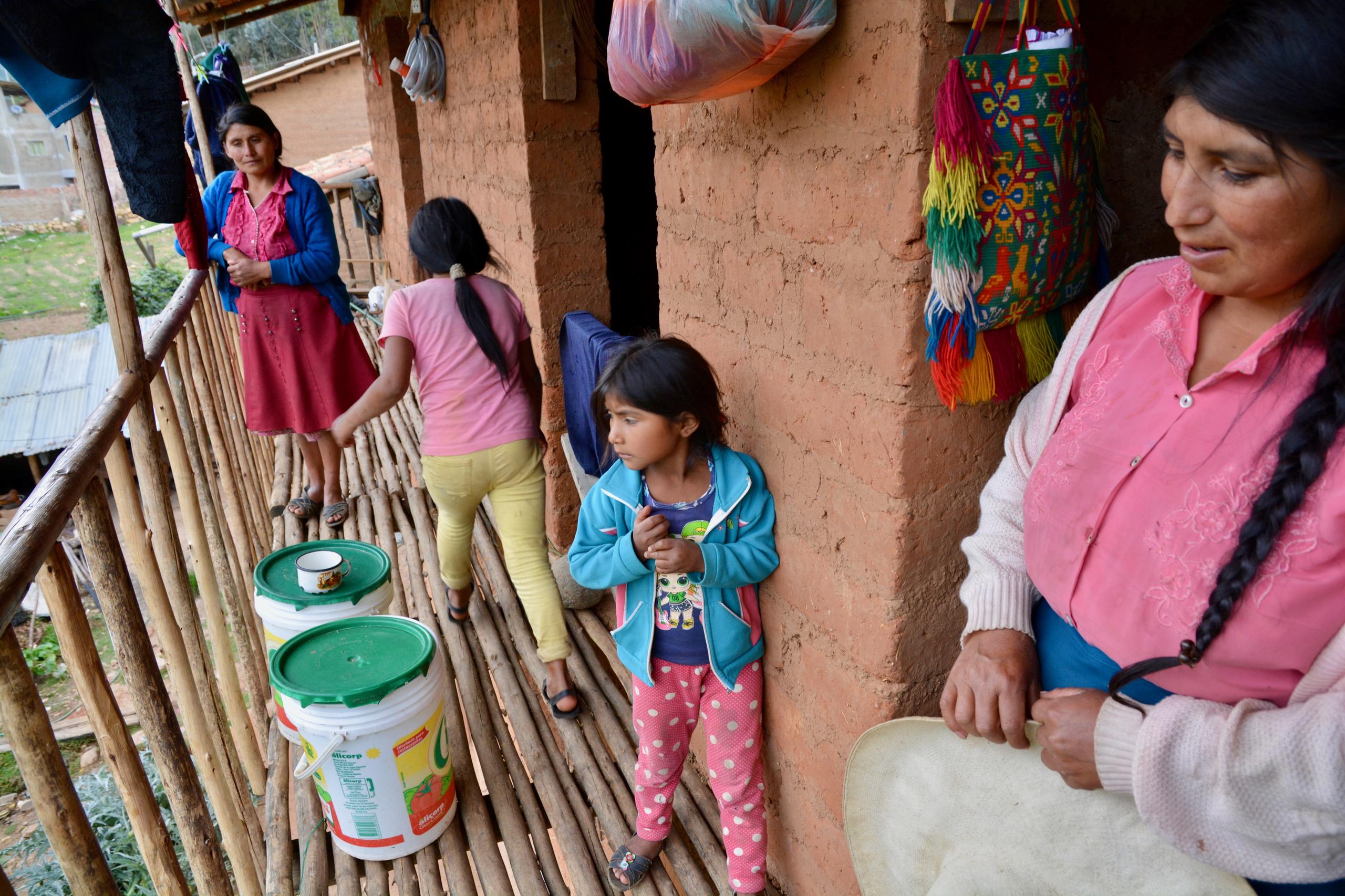
Carbon offsetting is among the top issues being discussed at the COP26 climate talks in Glasgow. While internationally-agreed rules on how to implement the schemes are still lacking, a Swiss project in Peru is cooking up a solution.
“We used to use a lot of wood,” Juana Chamorro Briceño tells SWI swissinfo.ch, as she stands in her kitchen, a bare room with the exception of an adobe oven and a table. “There was too much smoke in here.”
The mother of three is one of the recipients of the woodburning cooking stoves installed as part of a Swiss carbon certification project in two regions of Peru: here in the northern department of La Libertad, and in Huánuco, in the central highlands.
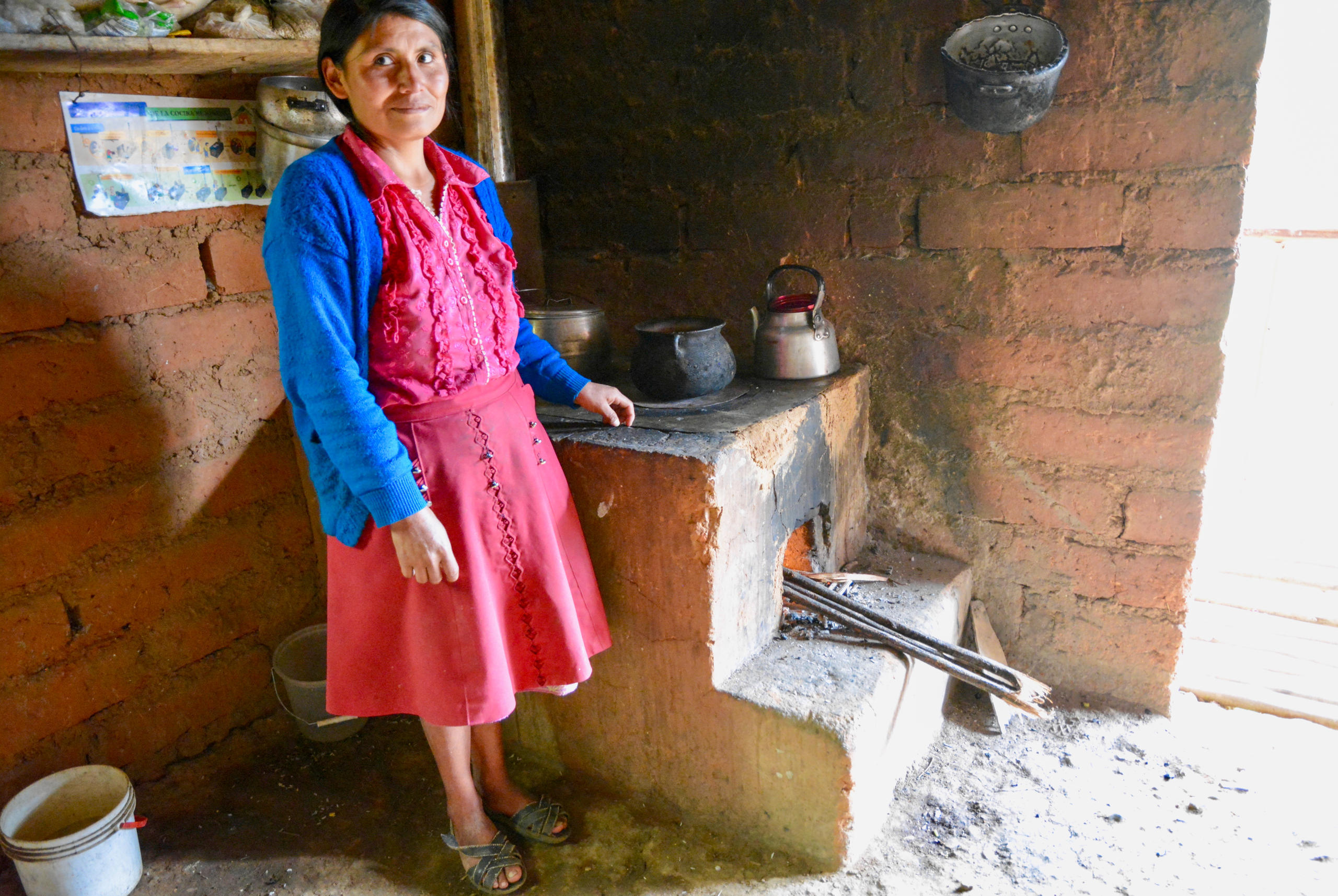
As Chamorro Briceño ignites a few thin eucalyptus logs in her oven, she said the stove was an improvement from the three stones she used to cook on over an open fire on the floor. “The smoke used to affect my eyes, and there was lots of coughing,” she says.
In poor, isolated communities in the Peruvian Andes, hundreds of families have been taking part in a pilot project that will allow Switzerland to compensate for the imports of fossil fuels to power cars and trucks.
In all, 1,000 ovens have been installed, each estimated to offset 2.5 tonnes of CO2 annually. Once the formal guidelines allowing carbon offsets to be registered nationally are approved by the environment ministry, the programme is expected to mitigate approximately 100,000 tonnes of CO2 emissions between 2020 and 2030.
Key to achieving climate goals
Carbon offsetting allows companies, governments and individuals to cancel out the impact of some of their emissions by investing in projects that reduce or store carbon.
The first schemes were rolled out informally as early as 1989, but the practice has picked up as developed countries scramble to reach the global goal of limiting global warming to well below 2 degrees Celsius as defined by the 2015 Paris Agreement. The treaty aimed to align participants on formal rules on carbon offsetting. Switzerland has been on the frontline for rolling out these schemes that are key to achieving its climate goals.
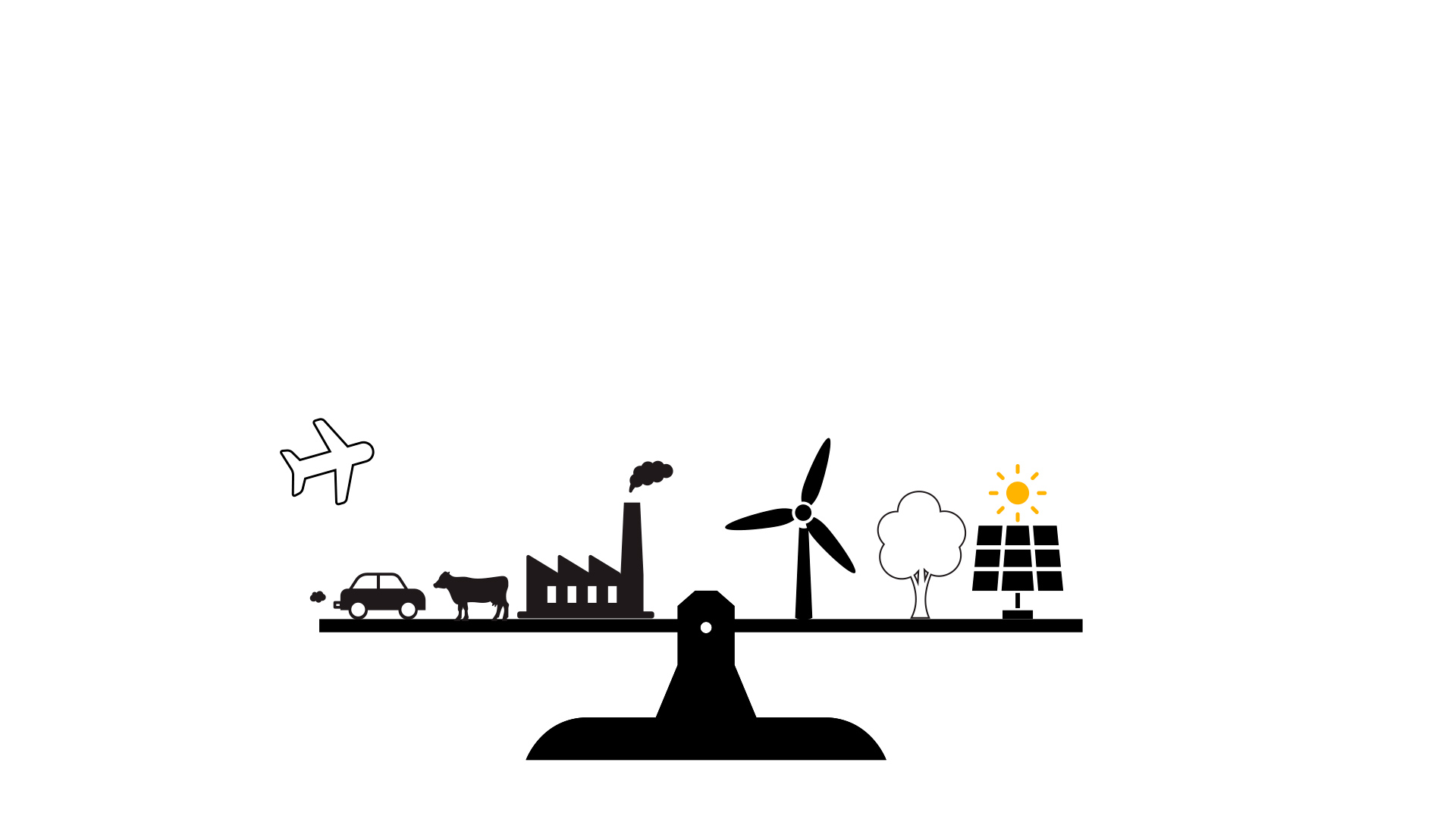
More
What Is Carbon Offsetting? Explained in 2 Minutes
Switzerland’s emissions in 2018 were estimated at roughly 44 million tonnes. The country aims to reduce that to roughly 25 million tonnes, or half the levels in 1990.
Over the past two years, the Alpine nation has signed bilateral deals with Ghana, Senegal, Dominica, Vanuatu and Georgia. Its bilateral deal signed in October 2020 with Peru was hailed as a beacon in the absence of international rules. Swiss investments here are expected to eventually finance biogas plants, solar panels and geothermal energy.
Implementation and standards for carbon offsetting – sticking points during the 2019 UN climate summit in Madrid – are being discussed at the COP26 summit in Glasgow, Scotland.
Countries are still divided over how to count emission reductions and whether carbon offsetting schemes are actually resulting in genuine CO2 reductions.
The COP26 is hoping to achieve a global agreement which would solve these issues and align participants on global standards for offsetting so as to lift some of the obstacles hindering the programme’s implementation.

More
Swiss-Peruvian climate deal pioneers international cooperation
Making a difference
For the 28-year-old Peruvian mother, the new oven, part of the project managed by the French organisation MicrosolExternal link that specialises in carbon certification, will offer some financial breathing space and extra time to improve her family’s quality of life.
The new stove will also reduce pollution from firewood fumes in her home. The World Health OrganizationExternal link (WHO) estimates that worldwide, nearly four million people die prematurely from illnesses linked to polluting stoves.
No longer having to buy extra wood for cooking means that there is more money to purchase nutritious food, including vegetables, for her children.
With job options limited in this district, located at 2,700 metres above sea level and classified by the government as one afflicted by extreme povertyExternal link, many inhabitants leave to seek opportunities in cities along the coast, at least eight hours away. But even those options have faded, as the pandemic left many of the 70% of country’s informal workers without employment.
One of the key requirements of the programme as outlined by the Paris Agreement, and specifically included in Switzerland’s bilateral treaty, was for the offsetting projects to have a social impact.
“We can now buy more food and vegetables for the children, to eat more healthily,” says Chamorro Briceño.
Implementation roadblocks
The absence in Peru of national emissions-cutting programmes, let alone any with a social impact, are factors favouring the Swiss pilot project. Since the Paris Agreement, Switzerland and other signatories have pushed for rules to ensure that any offsetting initiatives would be additional to any plans the host country implements.
Apart from replacing stoves, Switzerland had also planned cleaner electricityExternal link for small communities by pumping existing water supplies in small hydropower plants, and providing green credit linesExternal link for small and medium-sized businesses needing to improve energy efficiency.
But implementation has stalled along the way. These projects are now on hold amid the pandemic and political instability and polarisation surrounding the election of the leftist candidate Pedro Castillo. The former teacher-turned president has struggled to govern amid opposition from the rightwing-held Congress, which had already paralysed decision-making under his four predecessors in as many years.
Lorenzo Eguren, the former coordinator of carbon emissions reduction at Peru’s environment ministry told SWI swissinfo.ch that the government is still in the process of assessing whether programmes such as the one run by Switzerland may already be part of a ministerial policy to implement the Peru’s carbon-cutting pledges. What both countries want to avoid, as specified by the bilateral agreement, is any double counting of the offsets.
In other countries where Switzerland has signed agreements, implementation is also proving difficult.
In Ghana and Senegal, politics is also an impediment towards moving forward on projects that could generate carbon credits, or Internationally Transferred Mitigation Outcomes (ITMOs) as they are known in COP jargon. As in Peru, local governments have yet to set up committees dedicated to formalising the projects.
One of the biggest roadblocks is conforming with standards in Article 6 of the Paris Agreement. This is meant to legislate international carbon markets, and is one of the outstanding issues left over from the previous COP conference.
“Article 6 is challenging,” explains Mischa Classen, the director of the Foundation for Climate Protection and Carbon Offset, or KliKExternal link. “We have very high standards in terms of environmental integrity and human rights and sustainable development. But what countries struggle with under Article 6 is not the methodology. It’s about politics,” he says.
He said the treaty with Ghana came just as the country was defining how to achieve its own emissions-cutting targets and dedicated government committees were being set up. Any offsetting schemes would need to not overlap with any other national plans that the government may consider for its own climate policy.
COP26 challenge
Discussions in Glasgow are expected to continue on defining specifically how countries can optimise their pledges towards carbon reductions by offsetting abroad.
Many agree that whatever the outcome, ironing out rules on carbon offsets may also help motivate poorer countries to put regulations and committees in place to define their own carbon-cutting plans.
Elizabeth López, a senior carbon certification advisor at Microsol, said the organisation hoped clear guidelines would be set after the COP26 to finally begin registering mitigation projects in Peru’s national registry and to exchange ITMOs.
Chamorro Briceño and other residents who had received new cookstoves were unaware of the international role the project represented. But receiving the ovens during the pandemic, which saw the highest global mortality rate in Peru, helped many to get by amid the lack of work or public support.
Salvatierra Guerra said those unable to walk to the nearest town of Huamachuco, three and a half hours away on foot, could not receive the government’s limited yet vital monthly pay-outs of 350 soles (CHF80).
“Initially it was prohibited to leave the home,” explains Santos Briceño Asevedo, a single mother of two, who has only been able to find sporadic work paying 25-30 soles. Like others, she welcomed her new oven’s reduced need for wood. “When the pandemic hit, we were really afraid of getting sick. We had to try to save while we had to stay at home,” she says.
More

In compliance with the JTI standards
More: SWI swissinfo.ch certified by the Journalism Trust Initiative










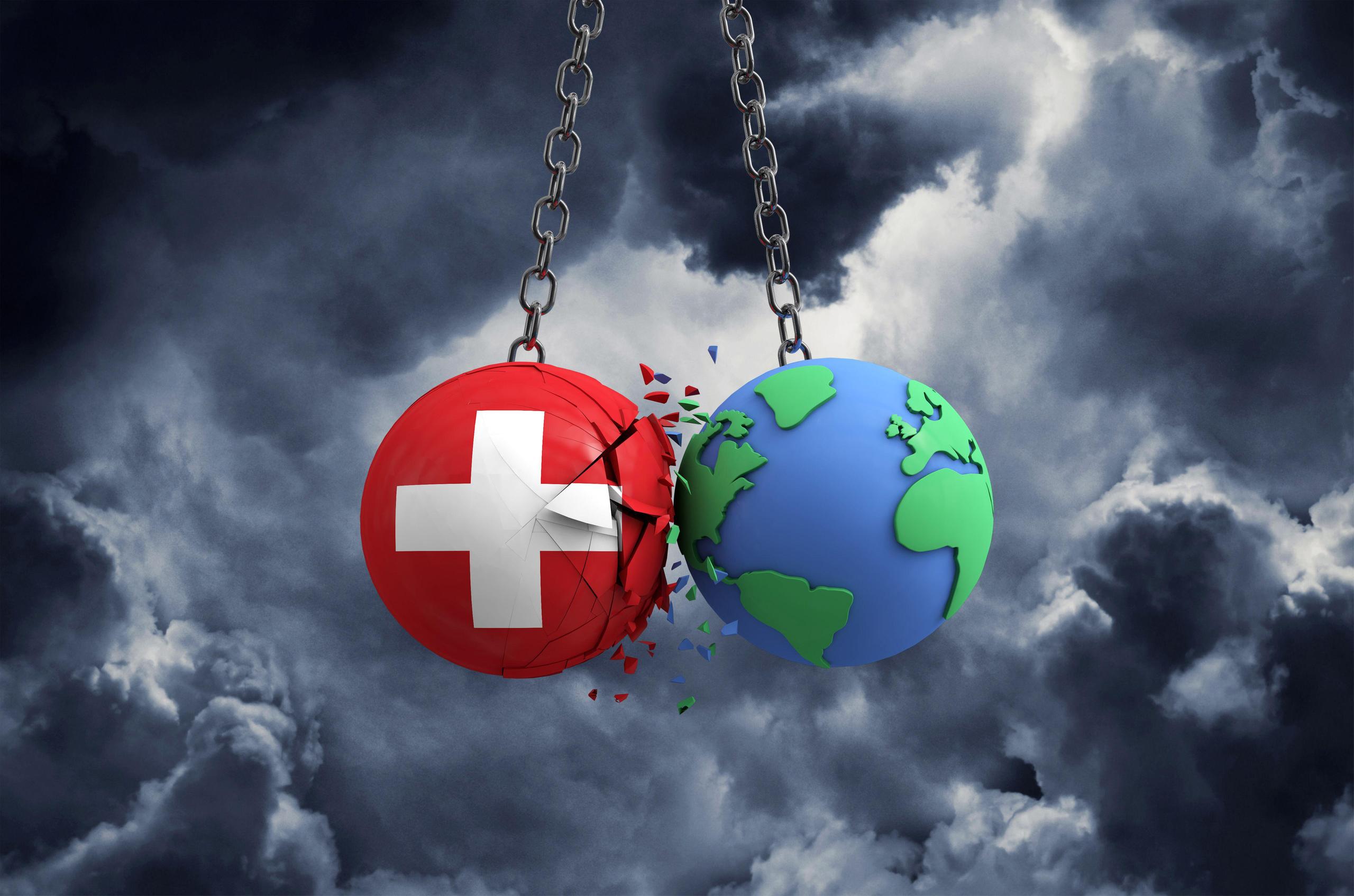
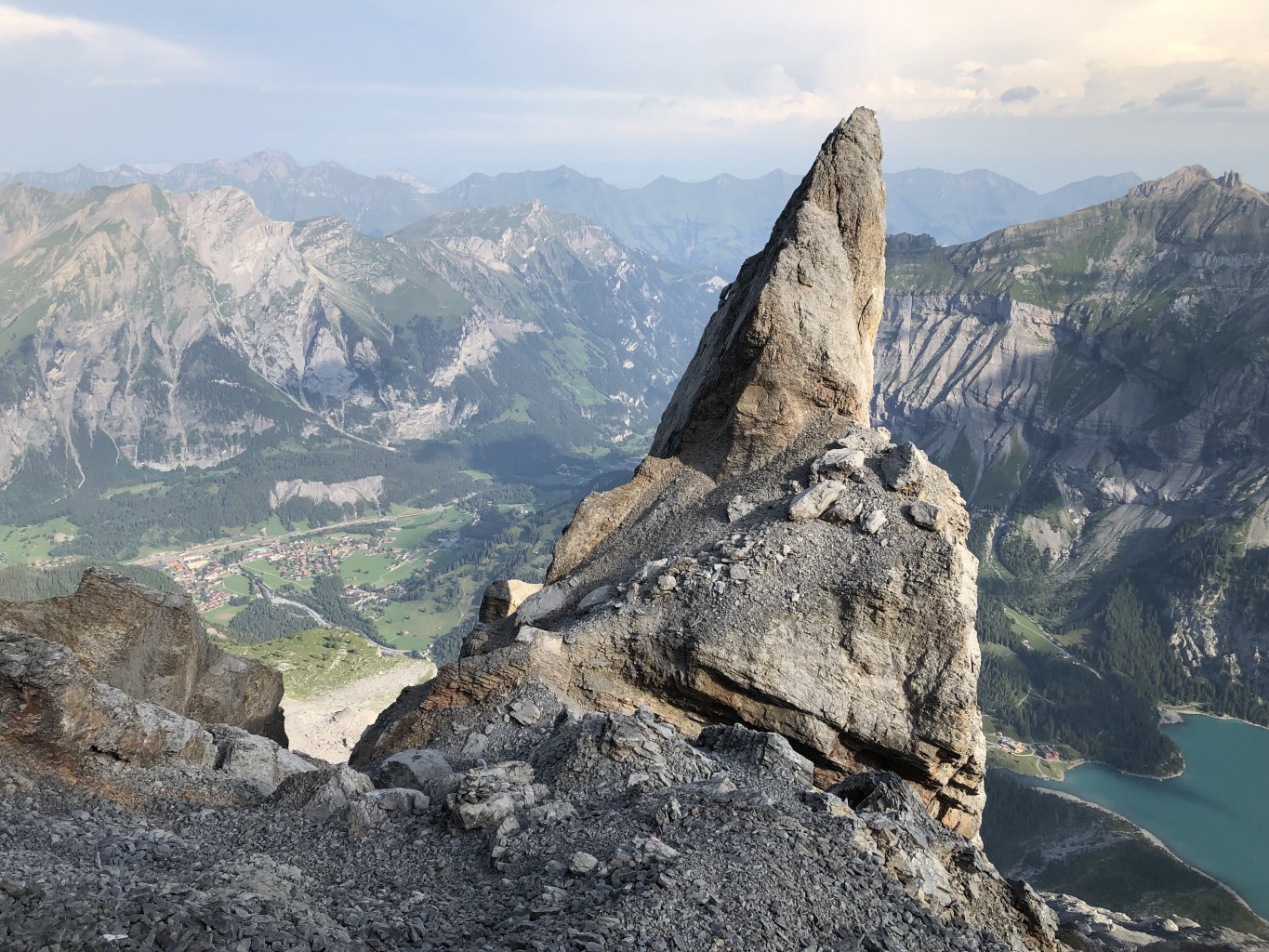

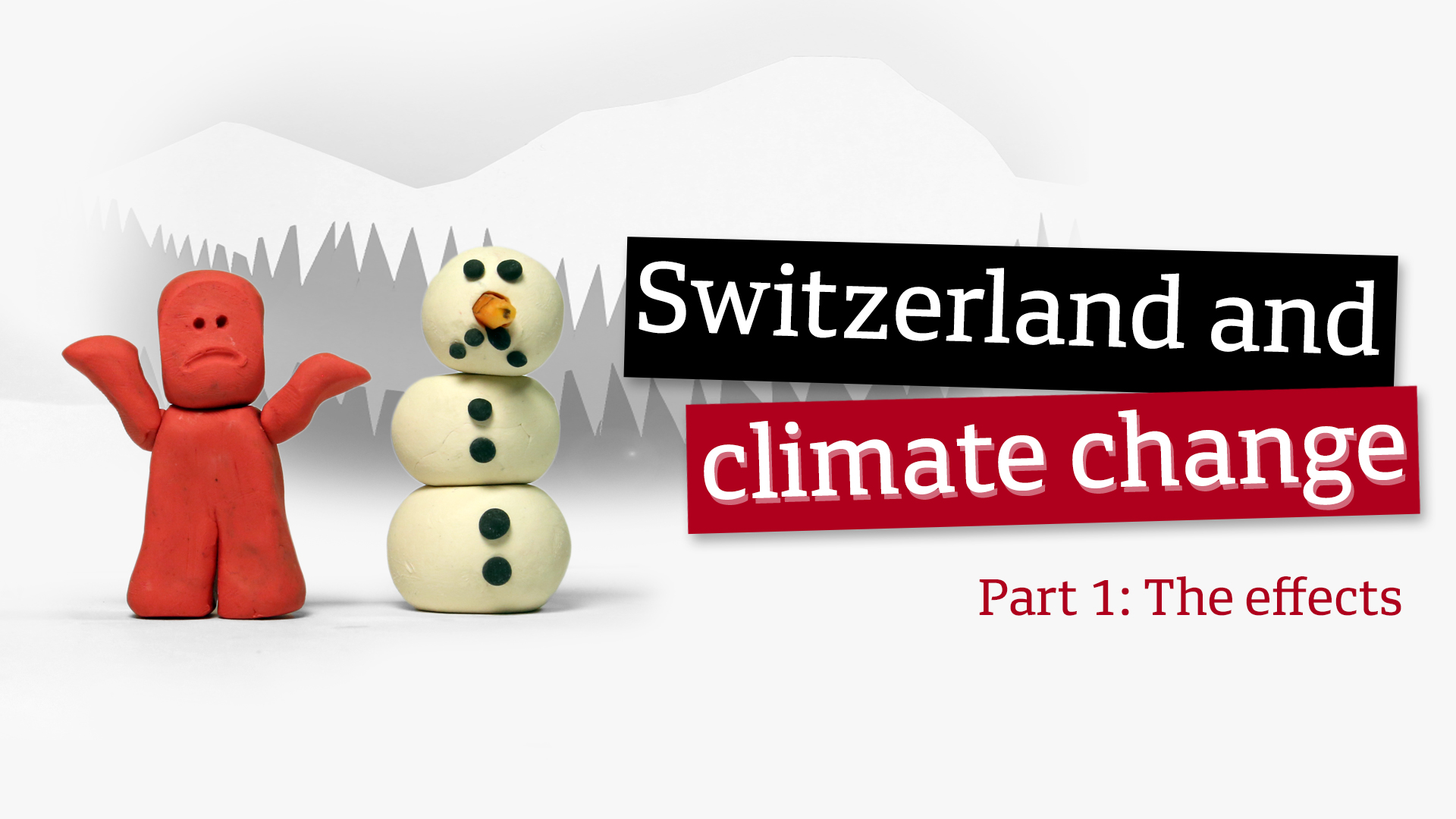
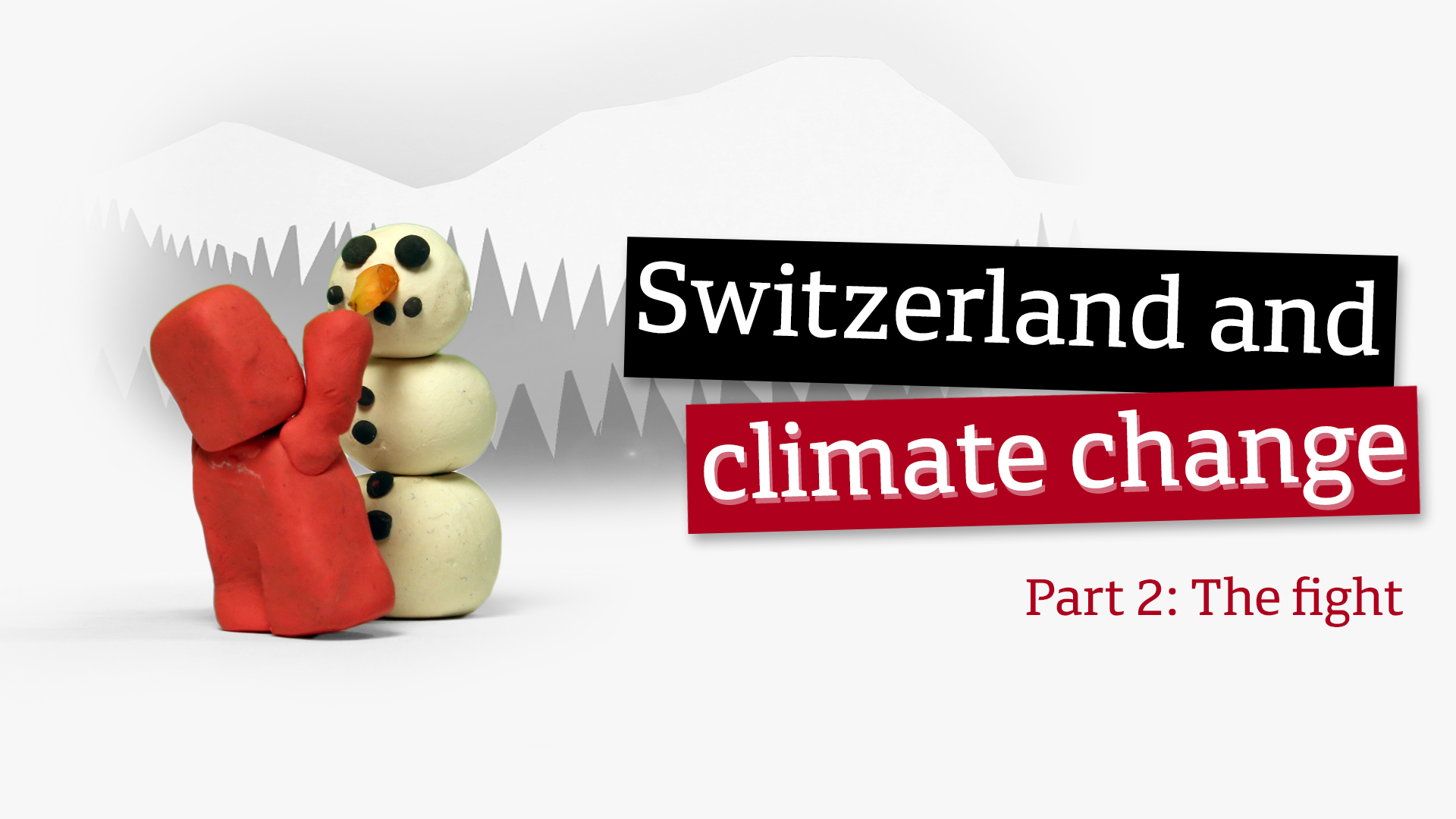
Join the conversation!